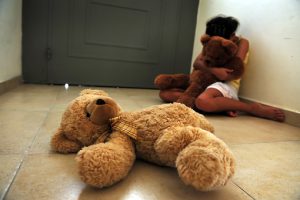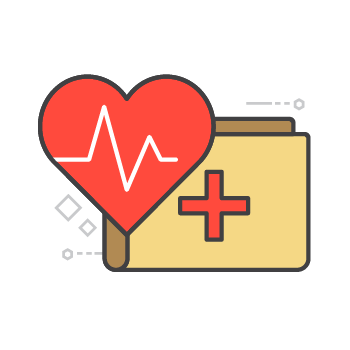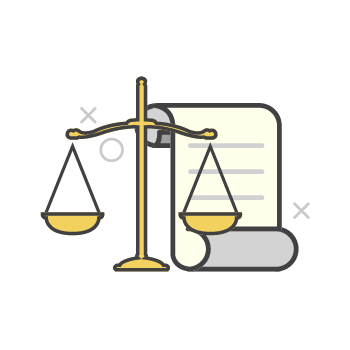Sound The Alarm! Be Aware Of Child Abuse
by Lou-Ann Jordan Jul 14, 2021

Childhood experiences are important because we are shaped by them.
Whether good or bad these experiences are taken into adulthood informing thoughts and actions. Thus, a significant part of a parent’s job is to be vigilant in overseeing the experiences of a child and safeguarding them against those that are harmful. One such experience which requires great vigilance is protecting children against is sexual abuse.
Internationally, as well as within the region, the prevalence of incidences of child sexual abuse far exceeds official reports.
In some instances, countries that have claimed to have rare occurrences have been wrong. In many places where official reports are few, the unreported cases are numerous.
In fact, studies have shown that approximately less than 50% of sexual assaults are reported to the authorities. This is even more so when sex is treated with shame and secrecy.
Child sexual abuse can be defined as the engagement of sexual activities with a minor. The abuse may or may not include physical contact. In most of the islands, a minor is considered to be any child under 16 years old.
Moreover, a study done by UNICEF highlighted minors engaging in intercourse, minors distributing sexually explicit images among themselves and the use of technology between minors for sexual experimentation or exploration as harmful sexual behaviours.
What constitutes child sexual abuse?
– Sexual intercourse of any kind with a minor
– Incest
– Fondling of a child
– Exposure to sexual materials through different media, e.g. photos, movies, text messages, phone calls, internet etc.
– Exposing one’s self to a minor
– Use of a minor to create pornographic material

How to detect signs of child sexual abuse?
Although children may react differently there are some physical and behavioural signs. Pain, bruising or bleeding in the genital area, infections or simply, difficulty walking or sitting are some physical symptoms that can occur. While, sudden changes in a child’s demeanour such as depression, inappropriate sexual behaviour, self-mutilation, trouble at school and shrinking from physical touch can all result from sexual abuse.
A Pan American Health Organization survey revealed that in a number of Caribbean countries a young girl’s first sexual experience is often forced. Thus, the goal is to protect children and one way of doing so is to be involved in their lives.
How to protect children from sexual abuse?
Engaging in open conversations allow children to build trust. Encourage children to openly share details about their day, their dreams, fears and who their friends are. Also, talk about sex and sexual abuse.
Children are aware of what is being said in the media, making it the perfect opportunity to create an environment of free dialogue. To start, ask questions such as “what would you do if this happened to you?” or “have you ever heard of this happening?”
Most importantly, become familiar with the warning signs, and look out for them. Tomorrow’s society will reflect the experiences of today’s children.
Creating a society that is physically, mentally and emotionally healthy requires ensuring children are raised in that way.
Let’s ‘Break the Silence’.
Sources: UNICEF “Sexual Abuse In the Eastern Caribbean”; RAINN; Childhood Trauma – Separation, Abuse War “Child Sexual Abuse”; UNICEF – “Break The Silence – End Child Sexual Abuse”; PAHO – A Portrait of Adolescent Health In the Caribbean (2000)








